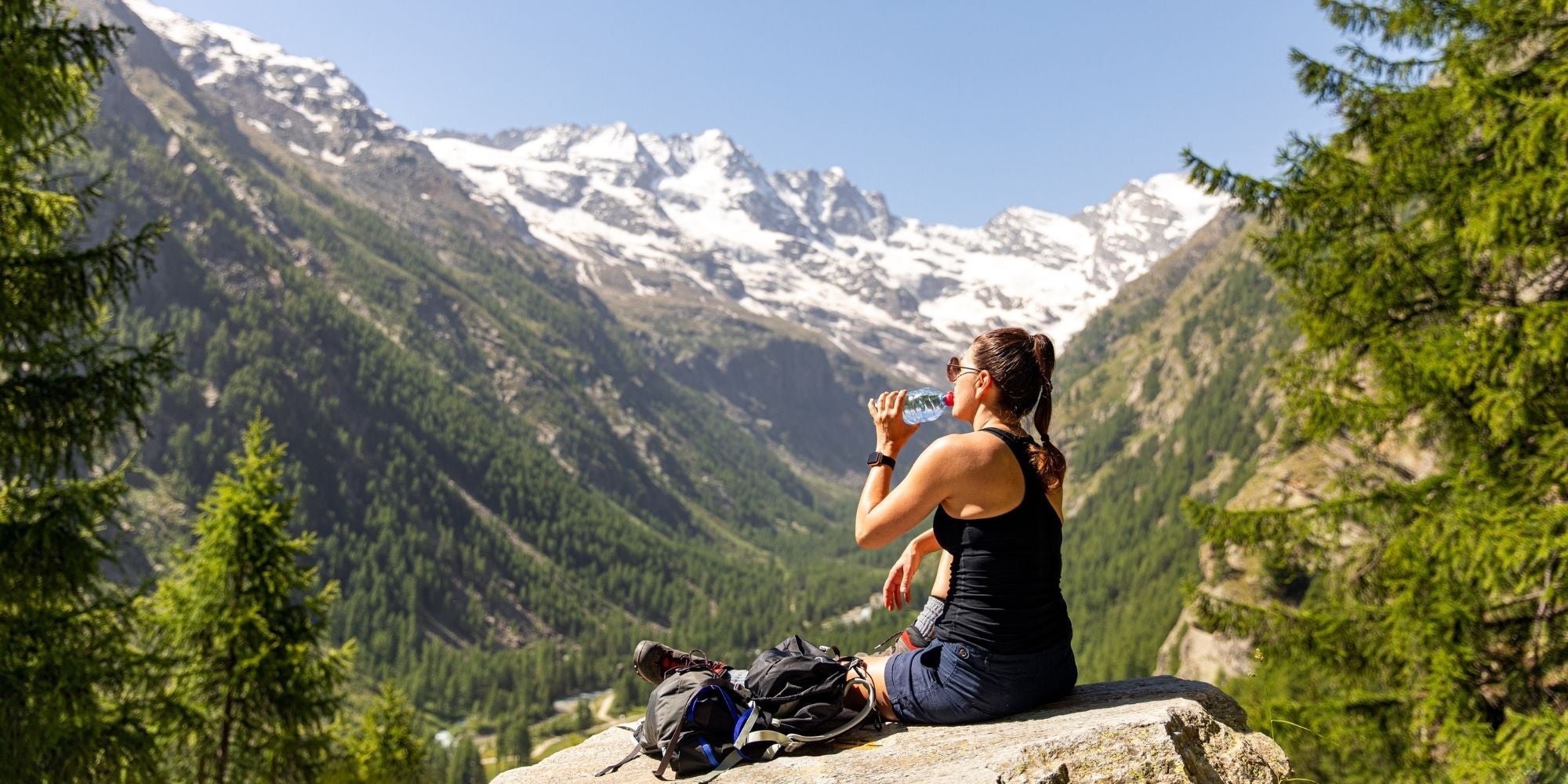
Are you thinking about visiting Colorado for a ski trip, to hike in the mountains, or just to hang out in Denver? If so, you might be wondering how common is altitude sickness in Colorado. Let us explain what altitude sickness is like in Colorado and how you can best avoid it.
Yes it is. Altitude sickness, or acute mountain sickness (AMS), is common in Colorado.
If you're wondering how common is altitude sickness in Colorado, National Jewish Health reports that about 1 in 5 people traveling to the Colorado Rocky Mountains suffer from altitude sickness, and we've found some reports as high as 40% of visitors depending on where in Colorado you visit.¹
Altitude sickness is a common ailment among people who travel from low to high altitudes without giving the body time to acclimatize. It's basically when your blood isn't getting enough oxygen to the brain and this can cause feeling of light-headedness, nausea, headaches and even vomiting.
Although they say 8000 feet is the start of altitude sickness, we see visitors to Denver sometimes see mild symptoms as well. Altitude sickness is common in Colorado because the majority of the state is over 5,000 feet altitude. This means that if you are not used to high altitude living or exercising, you are at risk to experience some symptoms of altitude sickness.
For example, you get to Denver, Colorado which is at a much higher altitude than you are used to seeing in your hometown. The air is thinner at higher altitudes (which means there's less oxygen for us) so after a 12-24 hours you may start feeling some of these symptoms.
These altitude sickness symptoms are a much higher risk and severity in Colorado's mountain towns like Breckenridge, Vail, Aspen and Telluride.
Colorado is a beautiful state, and many people visit the Rocky Mountain towns of Estes Park, Aspen, Vail, Breckenridge, and Steamboat Springs each year. Some of these towns are at altitudes over 9,000 feet. If a person stays these high altitudes for too long, their body doesn’t get enough oxygen and they begin to feel sick.
The symptoms usually begin 12 to 24 hours after arriving at a high altitude and typically go away in two or three days as your body adjusts to the change.
Colorado Altitude Sickness symptoms may include:
When traveling to the mountains of Colorado it’s important to understand how to avoid altitude sickness symptoms.
Many people are concerned about risks of high altitudes in Colorado and wonder how to avoid altitude sickness. While it does happen, if you take some precautionary steps and watch your body for symptoms, you can avoid or significantly minmize your risk.
If you're planning on visiting any of these specific areas and Colorado, you can read more on avoiding altitude sickness at each destination:
Here are 3 tips to avoiding altitude sickness in Colorado:

SOURCES
1. Altitude Sickness & Oxygen Therapy
https://www.nationaljewish.org/patients-visitors/visiting-us/travel/altitude-sickness
2. Effect of high altitude (7,620 m) exposure on glutathione
https://pubmed.ncbi.nlm.nih.gov/11320641/
3. Dihydromyricetin Improves Physical Performance under Simulated High Altitude
https://journals.lww.com/acsm-msse/fulltext/2014/11000/Dihydromyricetin_Improves_Physical_Performance.6.aspx
Copy the coupon code & use it at checkout